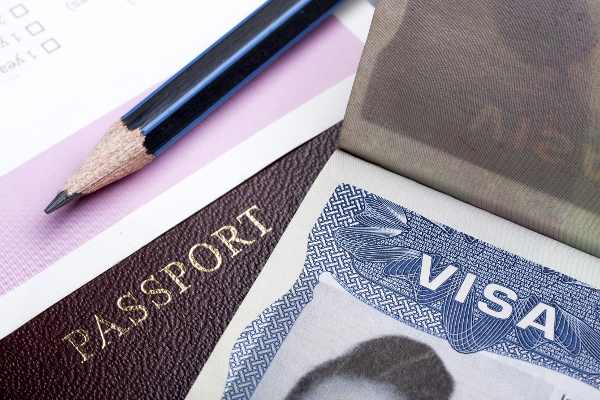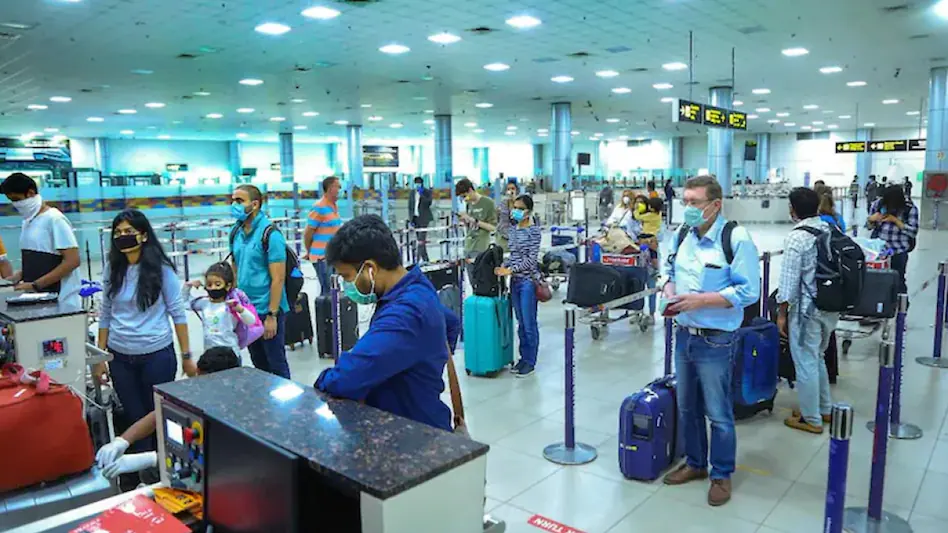Are you a Saudi citizen dreaming of exploring the vibrant streets of Istanbul, indulging in Turkish delicacies, or basking in the breathtaking landscapes of Cappadocia? Well, look no further! In this comprehensive guide, we unravel the mysteries surrounding Turkey visas for Saudi Arabian citizens. Whether you’re planning a short vacation or considering long-term residency in this captivating country, join us as we dive into the different types of Turkey visas available to make your travel dreams come true. Get ready to embark on an unforgettable journey filled with ancient wonders and modern marvels – let’s explore together! Turkey Visa for Saudi Citizens
What is a Turkey Visa?
Turkey is a popular tourist destination for Saudi citizens. There are a variety of visas available to facilitate travel, including family visas, business visas, and tourist visas.
Family visas allow families to visit one another for up to 90 days. Business visas allow businesses to conduct business in Turkey. Tourist visas are available for visitors who plan on staying for less than 90 days. All three types of visas require a visa application and an interview with a Turkish consulate or embassy.
Be aware that all three types of Turkish visas require a visa application and an interview with a Turkish consulate or embassy. Some common requirements for all three types of Turkish visa include: proof of citizenship, photograph, passport-style ID photo, health insurance information, and proof of funds in the form of bank statement or certified check.
Types of Turkey Visas
As a Saudi citizen, you may be able to visit Turkey visa-free for up to 90 days in a 180 day period. You may also be able to stay for up to 90 days with a restricted visa. If you are planning on staying in Turkey for an extended period of time, it is best to apply for a long-term visa. TURKEY VISA FOR US CITIZENS
There are several different types of visas available to Saudi citizens, and each one has its own restrictions and requirements. Here are the four types of visas available to Saudi citizens:
1) Tourist Visa – This is the most common type of visa available to Saudi nationals, and it allows visitors to visit Turkey for tourism purposes only. This visa is valid for up to 15 days, and it requires that you have a passport with at least six months remaining before your planned departure from the country.
2) Business Visa – If you are planning on doing business in Turkey, you may want to consider applying for a business visa. This type of visa is valid for up to three months, and it requires that you have documentation verifying your intention to do business in Turkey.
3) Student Visa – If you are visiting Turkey as a student (or accompanying a student), you may be eligible for a student visa. This type of visa is valid for up to 18 months, and it requires that you have documentation verifying your status as a student.
How to Apply for a Turkey Visa
Turkey is a popular tourist destination for Saudi Arabian nationals. A variety of visas are available for visitors to Turkey, including tourist visas, business visa, student visa, medical visa and family reunion visa.
To apply for a Turkish visa, you will need to submit an application form along with required documents. The application form can be obtained from the Turkish Embassy or Consulate in your country of residence. Required documents include your passport size photo, a valid passport and current visa status. You can also submit additional documentation if requested by the Turkish authorities.
Once you have submitted all necessary documents, you will need to schedule an appointment at the Turkish Embassy or Consulate to receive your visa. The processing time for a Turkish visa may vary depending on your nationality and the type of visa you are applying for.
What are the Requirements for a Turkish Visa?
The requirements for a Turkish visa vary depending on your nationality and whether you are traveling for tourism or business. Visas are available for citizens of most countries, except those listed below.
Tourist visas : Citizens of many countries can obtain tourist visas valid for up to 30 days. The required documents include an electronic passport photo, your passport identification page, and a letter of invitation from the host country.
: Citizens of many countries can obtain tourist visas valid for up to 30 days. The required documents include an electronic passport photo, your passport identification page, and a letter of invitation from the host country. Business visas : To qualify for a business visa, you must have a business proposal and an investment contract from a legitimate company in Turkey. You may also need to provide documentation that shows you will leave Turkey after your visit is complete.
: To qualify for a business visa, you must have a business proposal and an investment contract from a legitimate company in Turkey. You may also need to provide documentation that shows you will leave Turkey after your visit is complete. Student visas : Students who are visiting Turkey for educational purposes (including college students) do not require any special visa requirements. However, they must show proof of enrollment at an eligible school or institution in Turkey.
: Students who are visiting Turkey for educational purposes (including college students) do not require any special visa requirements. However, they must show proof of enrollment at an eligible school or institution in Turkey. Asylum seekers
How long will it Take to Get a Turkish Visa?
If you are a Saudi citizen and wish to visit Turkey, there are several different types of visas available to you. The most common type of visa is the tourist visa, which allows visitors to stay for 90 days. If you are intending on working in Turkey, you will need to obtain a work permit. There are also student visas and residence permits available, both of which allow for longer stays. The length of time it takes to get a Turkish visa depends on your nationality and the country from which you are applying. Generally, it takes around two weeks to process an application, but this can vary depending on the specific circumstances of your case.


